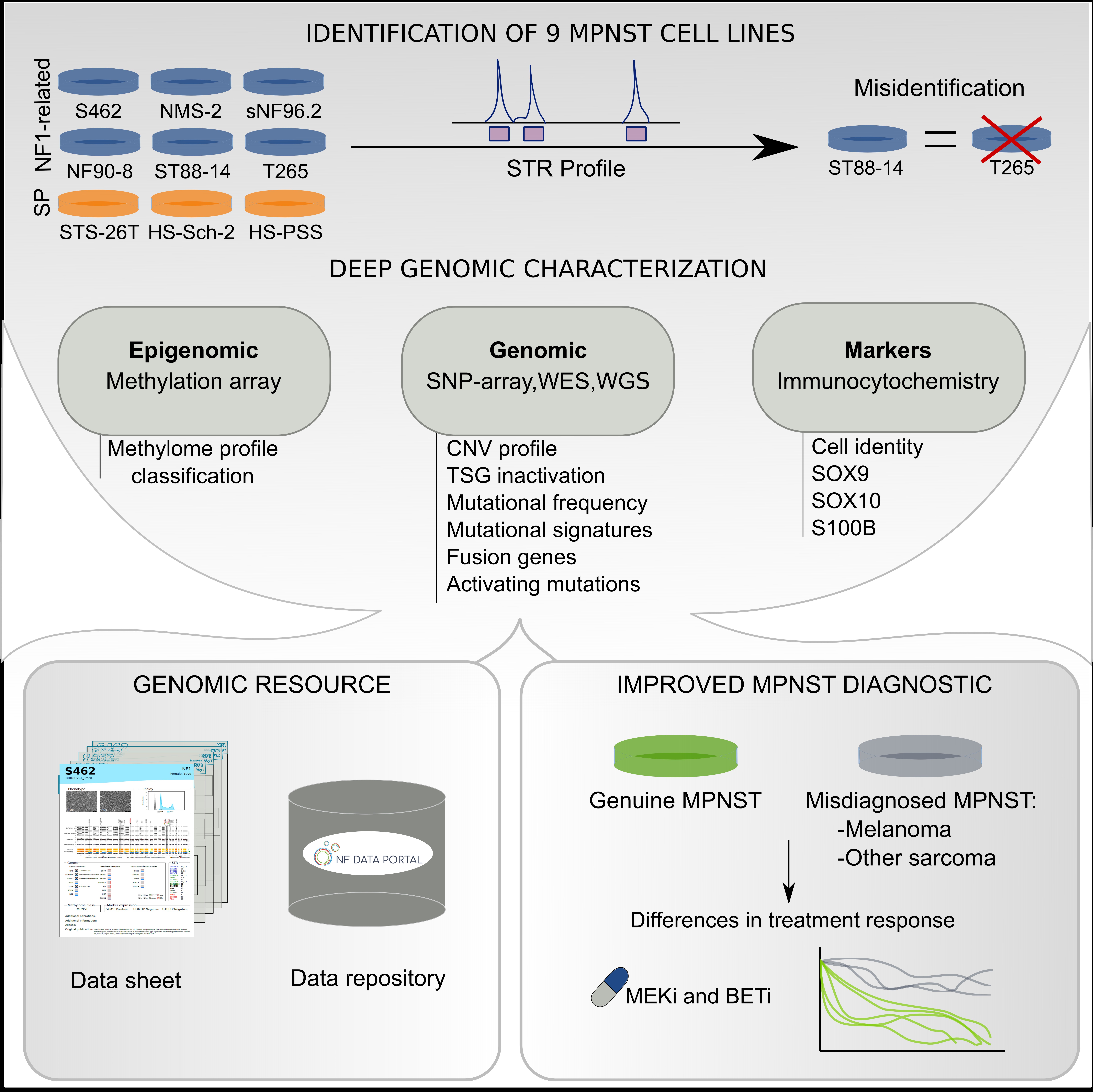New lung cancer treatment boosts survival and could benefit more than 6,000 patients a year
A new lung cancer treatment has allowed 36.8% of patients to achieve complete tumour disappearance, compared to the 6.9% rate of the standard post-surgery treatment. In addition, 85% of patients survive two years after receiving chemo-immunotherapy before surgery compared to 63% who receive chemotherapy alone before surgery. The study involved oncologist from ICO Badalona and IGTP researcher, Teresa Morán.


 - copia_1687953960.jpeg)
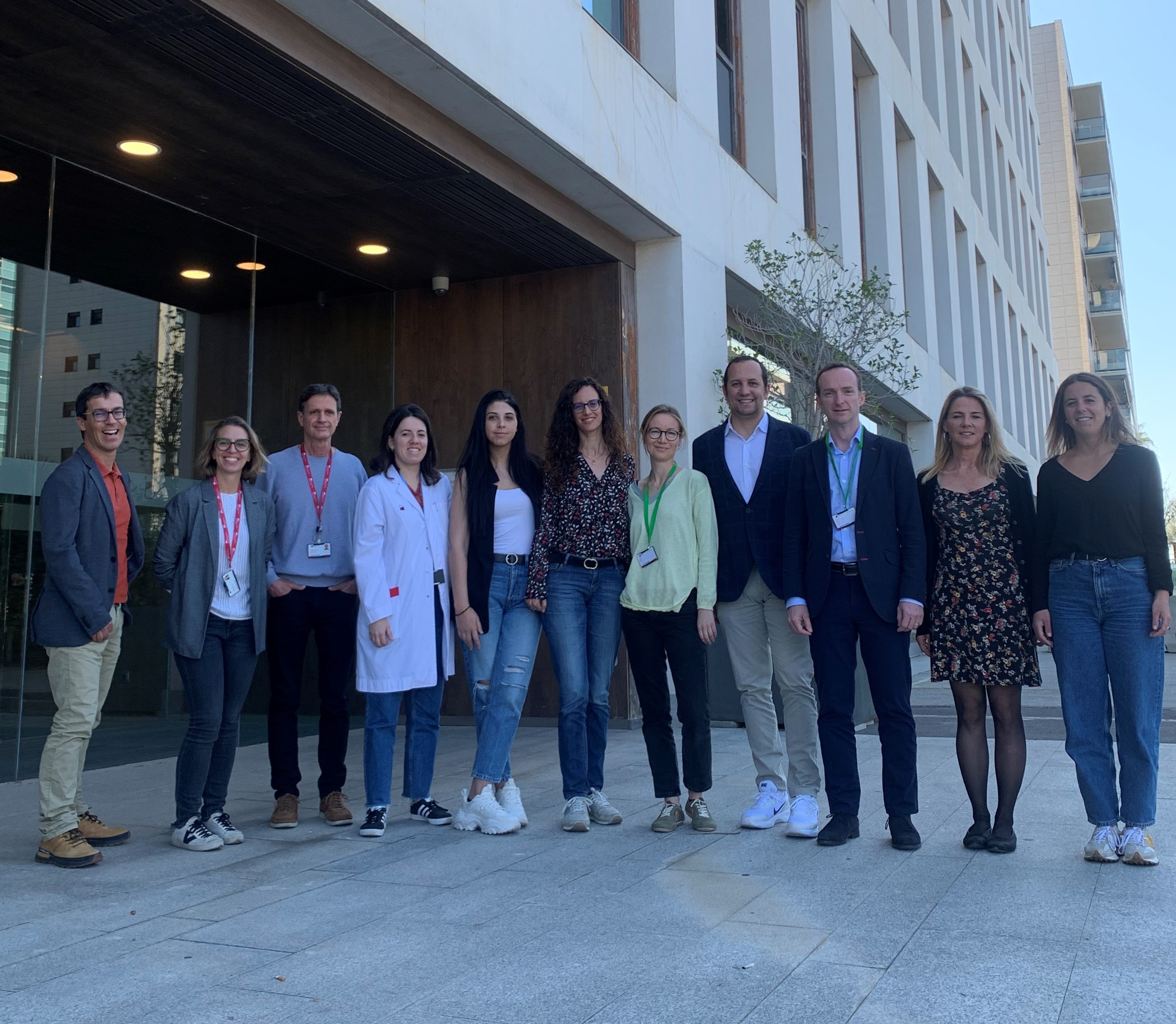

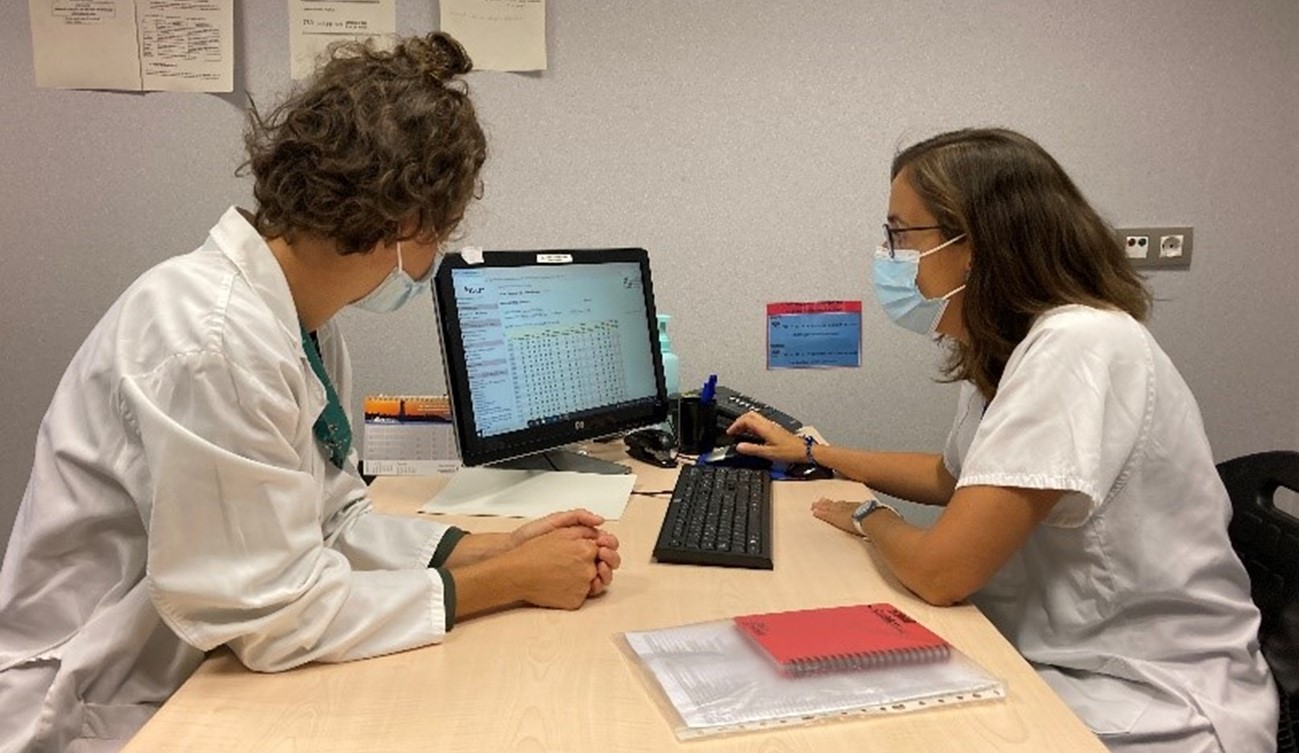
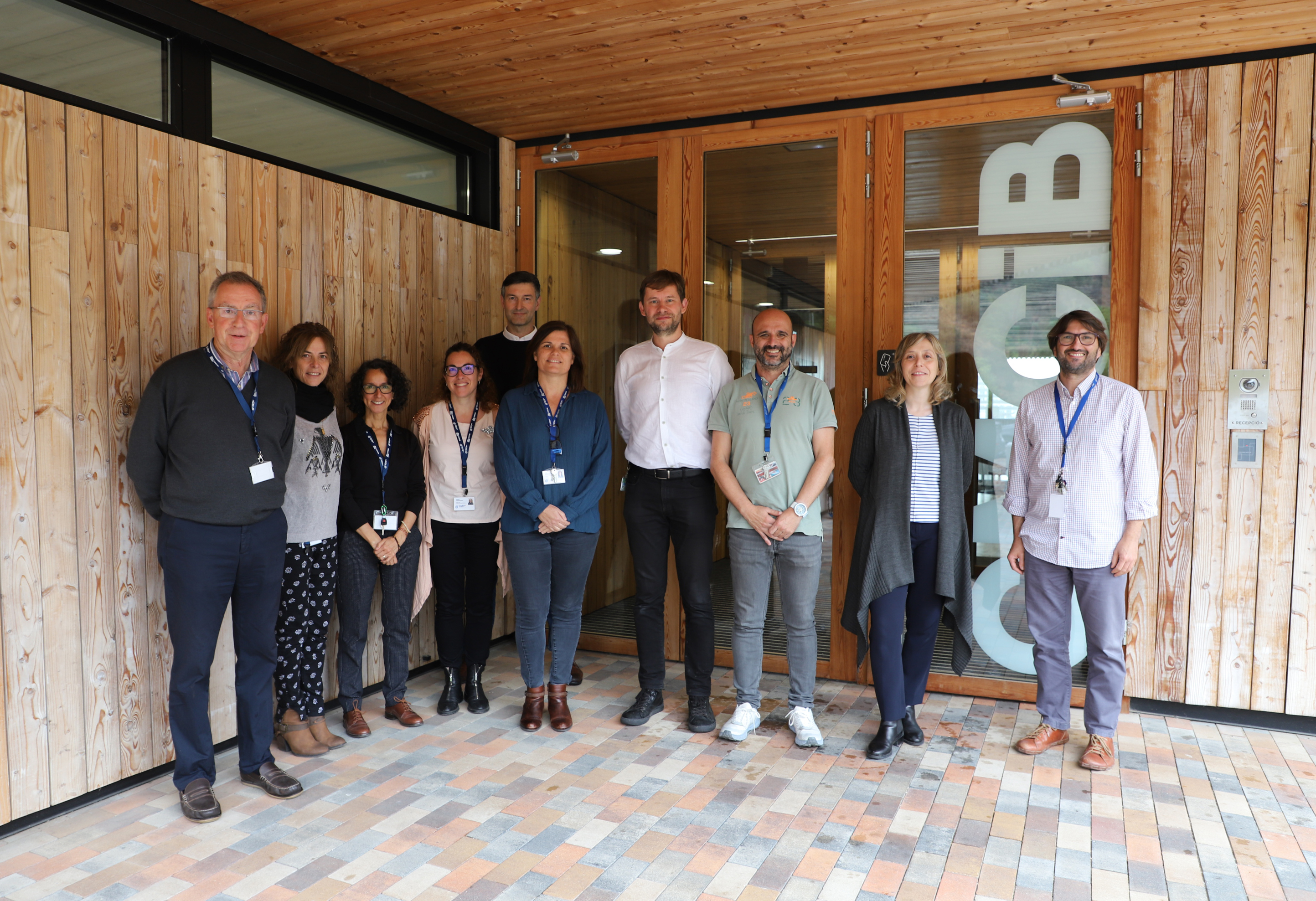
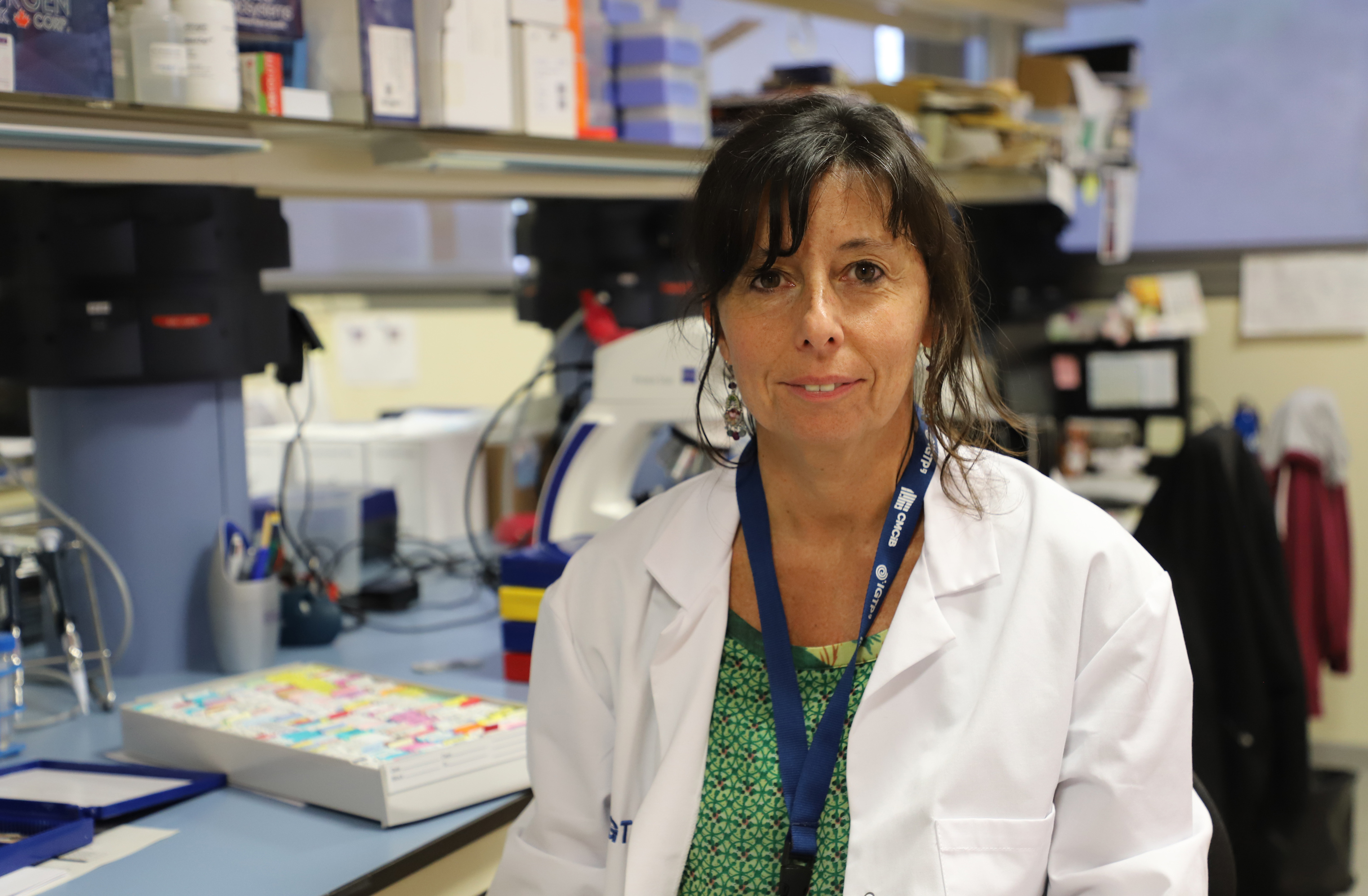
_1683206318.jpg)
_1681823569.jpg)
